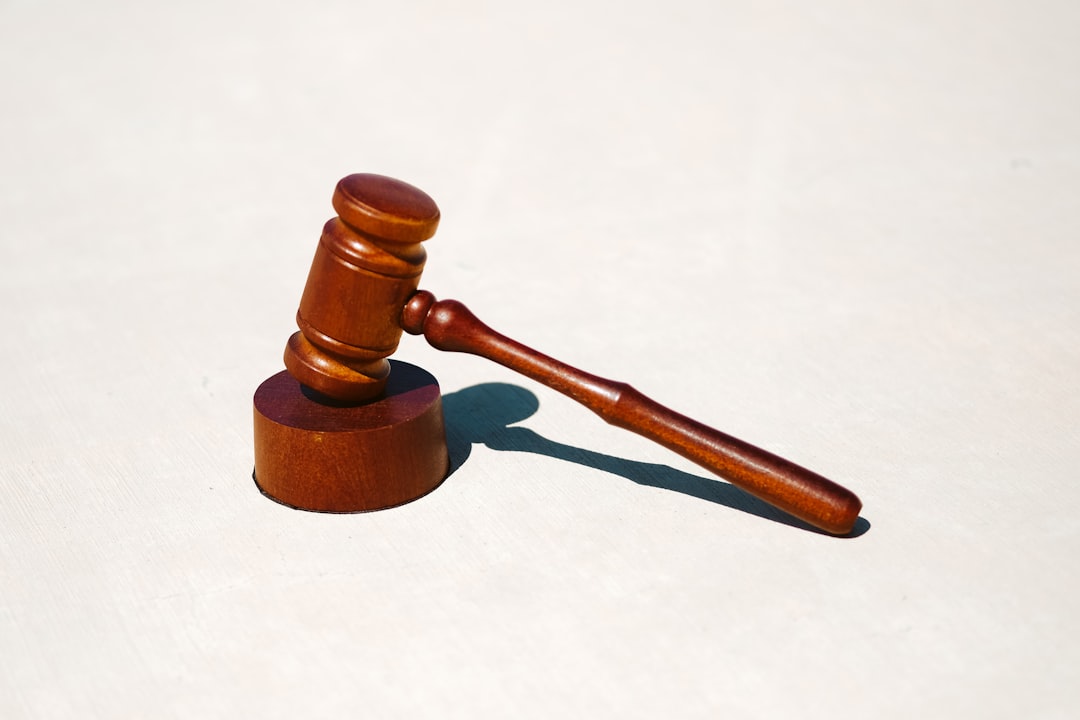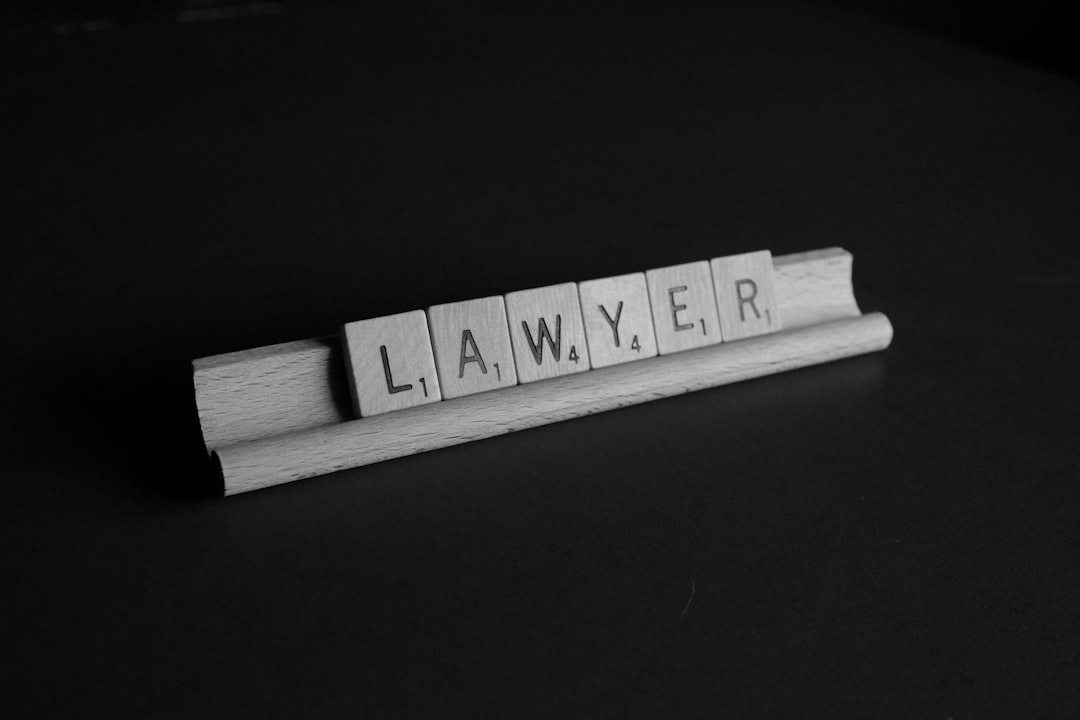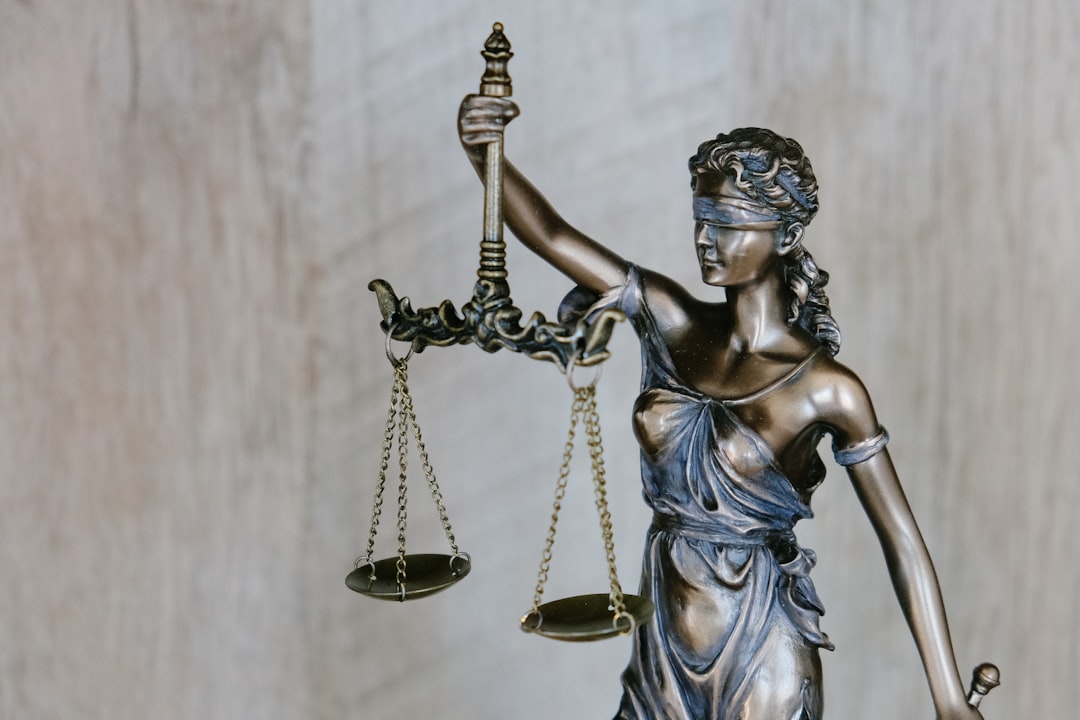Navigating debt collection in North Dakota requires understanding specific consumer protection laws and strict licensing rules. A qualified debt collector lawyer ensures compliance with communication, charging, and conduct regulations, facilitating lawful and ethical practices for both collectors and debtors. Licensing involves application through the North Dakota Department of Commerce, background checks, training, and exam passage, crucial for avoiding legal consequences like fines or lawsuits.
In North Dakota, understanding and adhering to strict debt collection regulations is paramount. With a focus on consumer protection, the state has established comprehensive licensing requirements for debt collection professionals. This article delves into the intricate world of debt collector licensing in ND, guiding you through the crucial aspects from regulations to legal implications. For those seeking representation, discovering the role of a debt collector lawyer in North Dakota offers strategic insights and ensures compliance with the ever-evolving landscape of debt collection laws.
Understanding Debt Collector Regulations in North Dakota

In North Dakota, the regulation of debt collection practices is a serious matter. The state has specific laws and guidelines in place to protect consumers from aggressive or unfair debt collection tactics. Understanding these regulations is crucial for both debt collectors and individuals who may be dealing with debt collection issues. A qualified debt collector lawyer in North Dakota can provide invaluable guidance on navigating this legal landscape, ensuring compliance, and protecting one’s rights.
North Dakota’s debt collection laws are designed to promote fair and ethical practices. These rules cover various aspects, including the manner in which debt collectors communicate with debtors, the types of charges they can impose, and the overall conduct during the collection process. Consumers have the right to understand and challenge the validity of debts, and collectors must adhere to strict guidelines when attempting to recover outstanding balances. Staying informed about these regulations is essential for maintaining a harmonious and lawful debt collection environment in North Dakota.
Licensing Requirements for Debt Collection Professionals

In North Dakota, debt collection professionals must adhere to strict licensing requirements set forth by the state. Before engaging in debt collection activities, individuals or companies must obtain a license from the North Dakota Department of Commerce. This process involves submitting an application, providing proof of training and experience, and passing an exam administered by a designated testing agency.
The licensing requirements are designed to protect consumers from abusive or unfair debt collection practices. Licensed debt collectors in North Dakota are required to follow specific rules and regulations, including maintaining accurate records, providing clear communication with debtors, and adhering to fair debt collection standards. A debt collector lawyer in North Dakota can offer guidance on navigating these complex regulations, ensuring compliance, and protecting the rights of both collectors and consumers alike.
Role of a Debt Collector Lawyer in ND

In North Dakota, the role of a debt collector lawyer is crucial in ensuring compliance with state laws and regulations. These legal professionals specialize in assisting debt collection agencies and individuals navigating the complex landscape of debt recovery within ND’s juridical framework. They play a pivotal part in defending client rights while adhering to ethical standards and legal mandates.
A debt collector lawyer in North Dakota guides clients through various aspects, including licensing requirements, collection practices, and dispute resolution. Their expertise helps avoid legal pitfalls and potential violations that could lead to significant consequences for debt collection operations. By staying abreast of changing laws and regulations, these attorneys empower their clients to conduct business effectively and ethically, fostering a robust yet compliant debt collection environment in the state.
Obtaining Licenses: Steps and Timeframes

In North Dakota, becoming a licensed debt collector involves several steps designed to protect consumers and ensure ethical collection practices. The process begins with applying for a license through the North Dakota Department of Commerce. Applicants must demonstrate compliance with the state’s regulations, which include background checks, training, and passing an examination. Once approved, individuals receive a debt collector license, which is typically valid for two years.
The timeframe for obtaining a license can vary depending on the applicant’s preparedness and the review process. On average, it can take between 30 to 60 days from the initial application to receiving approval. Prompt submission of all required documentation and passing the exam within the first attempt can expedite this process. Additionally, prospective debt collectors are encouraged to consult with a qualified debt collector lawyer in North Dakota to ensure they meet all legal requirements and navigate any complexities that may arise during the licensing process.
Compliance and Legal Implications for Debt Collectors

Compliance with licensing requirements is paramount for debt collectors operating in North Dakota. Failure to obtain the proper license from the state can result in severe legal consequences, including fines and potential lawsuits. A debt collector lawyer in North Dakota can guide individuals and businesses through this regulatory landscape, ensuring they understand and adhere to current laws.
Debt collection practices are strictly regulated to protect consumers from abusive or unfair tactics. Legal implications for non-compliance include civil penalties, cease-and-desist orders, and even criminal charges. A licensed debt collector in North Dakota must operate within ethical boundaries, maintain proper documentation, and provide borrowers with specific disclosures, ensuring transparency and fairness throughout the collection process.






